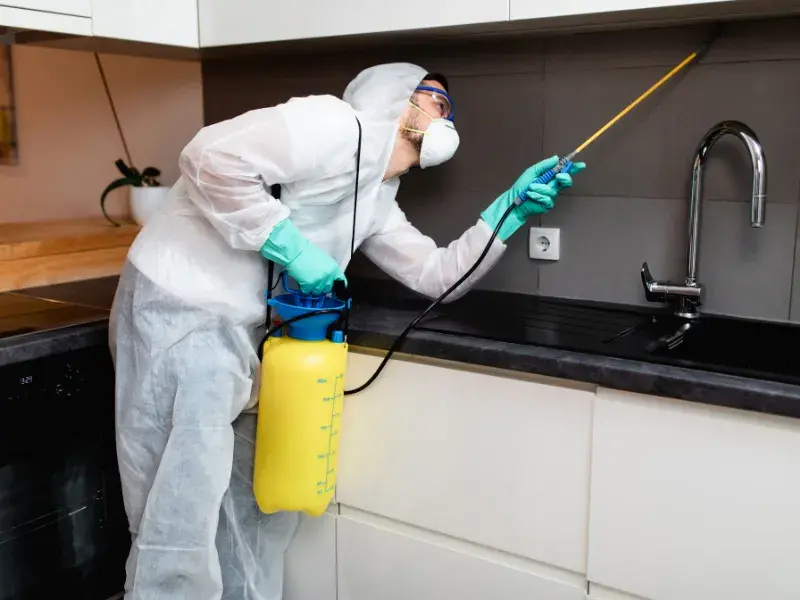
A Modern Approach to Pest Control: Embracing Eco-Friendly Solutions
Introduction (75 words): Pest control is a crucial aspect of maintaining a healthy and safe living environment. However, traditional methods often relied on harsh chemicals and unsustainable practices. In recent years, the industry has seen a paradigm shift towards eco-friendly pest control solutions. This article will explore the importance of pest control, highlight the drawbacks of conventional methods, and delve into the benefits of embracing sustainable and innovative approaches to pest management.
The Importance of Pest Control (100 words): Pests pose numerous threats to our health, property, and ecosystems. They can transmit diseases, contaminate food, damage structures, and disrupt the balance of natural habitats. Effective pest control is essential to prevent infestations and mitigate these risks. However, the conventional use of synthetic pesticides and toxic chemicals has proven to have detrimental effects on the environment and human health, necessitating a more sustainable approach.
Drawbacks of Conventional Pest Control (100 words): Traditional pest control methods primarily relied on the widespread use of chemical pesticides. While effective in eradicating pests, these chemicals often had unintended consequences. They polluted water sources, harmed beneficial insects, and posed health risks to humans and pets. Moreover, pests developed resistance to these chemicals, requiring increasingly stronger doses, leading to a dangerous cycle. It became evident that a shift towards greener and safer pest control alternatives was imperative.
Embracing Eco-Friendly Pest Control Solutions (100 words): In response to the drawbacks of conventional methods, the pest control industry has embraced eco-friendly solutions that prioritize sustainability and safety. Integrated Pest Management (IPM) is one such approach that focuses on long-term prevention rather than relying solely on chemical intervention. IPM combines various strategies such as biological controls, habitat modification, and targeted pesticide application to minimize the use of harmful chemicals. By understanding pest biology and behavior, IPM promotes efficient and targeted control methods while reducing the impact on the environment.
Benefits of Sustainable Pest Control (100 words): Adopting eco-friendly pest control practices offers numerous benefits. Firstly, it reduces the environmental impact associated with traditional methods, safeguarding ecosystems and protecting beneficial organisms. Secondly, sustainable approaches prioritize prevention and long-term solutions, minimizing the need for repeated chemical treatments. This results in cost savings for homeowners and businesses in the long run. Additionally, eco-friendly pest control promotes a healthier living environment by reducing exposure to toxic chemicals. It also fosters public trust by demonstrating a commitment to responsible and sustainable practices.
Innovation in Pest Control (75 words): The advancement of technology has opened up new possibilities in pest control. From pheromone traps and ultrasonic devices to heat treatments and biological controls, innovative solutions are emerging that are both effective and environmentally friendly. For instance, the use of pheromone-based traps targets specific pests while minimizing non-target impacts. Additionally, biopesticides derived from natural sources offer alternatives to synthetic chemicals. These advancements demonstrate that pest control can be effective without compromising sustainability.
Conclusion (50 words): The shift towards eco-friendly pest control practices is a positive trend that addresses the shortcomings of conventional methods. By adopting sustainable approaches, we can protect our homes, health, and environment from the threats posed by pests while paving the way for a greener and healthier future. Let us embrace these innovative solutions and prioritize a harmonious coexistence with nature.